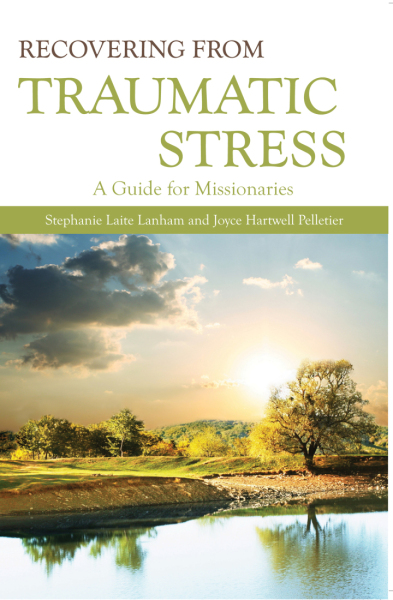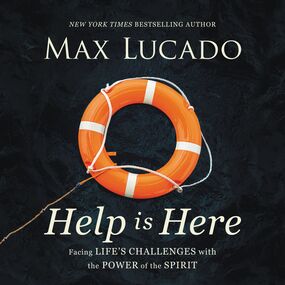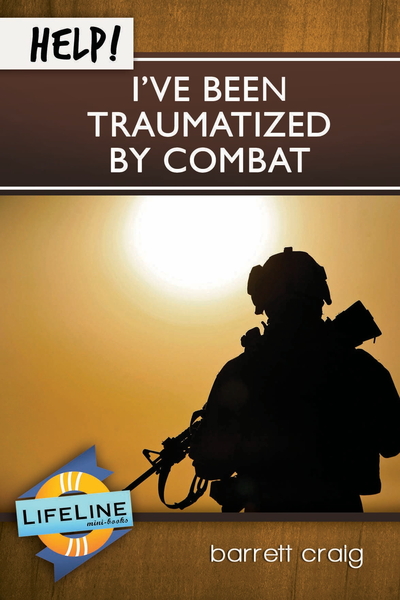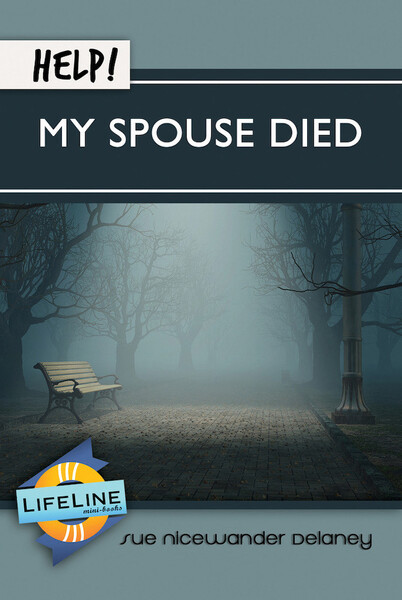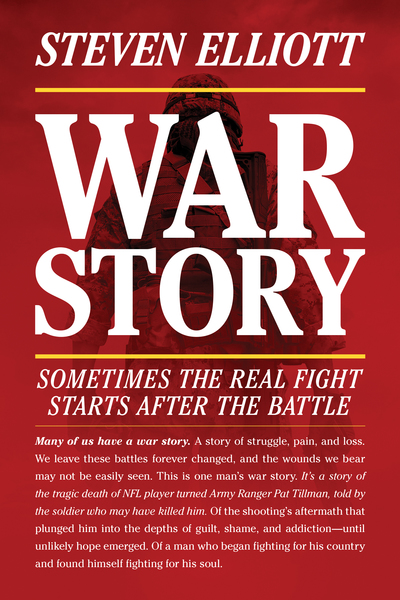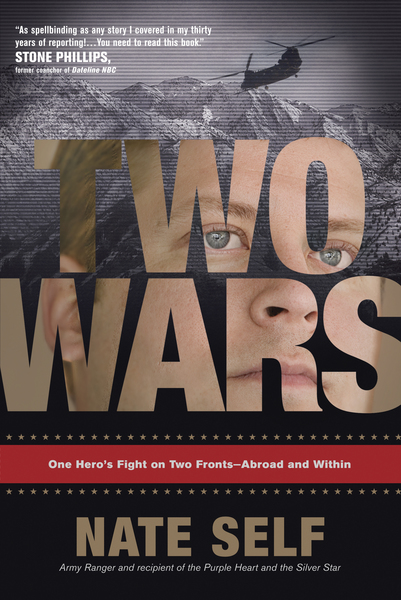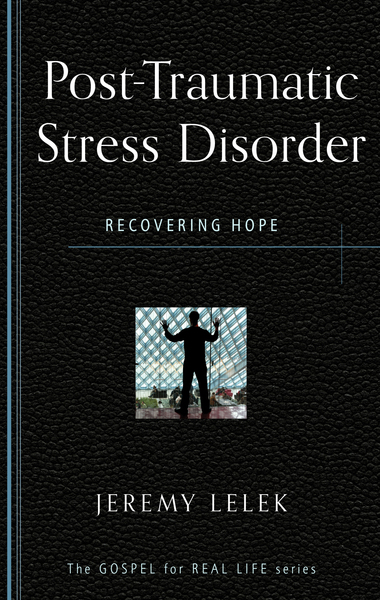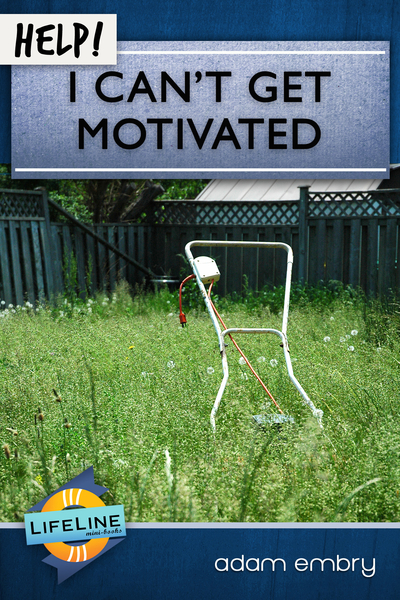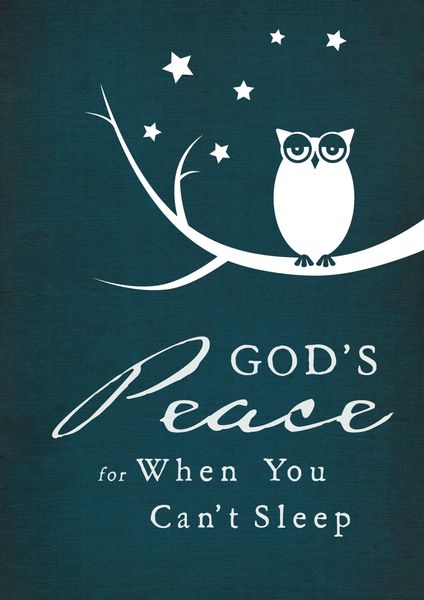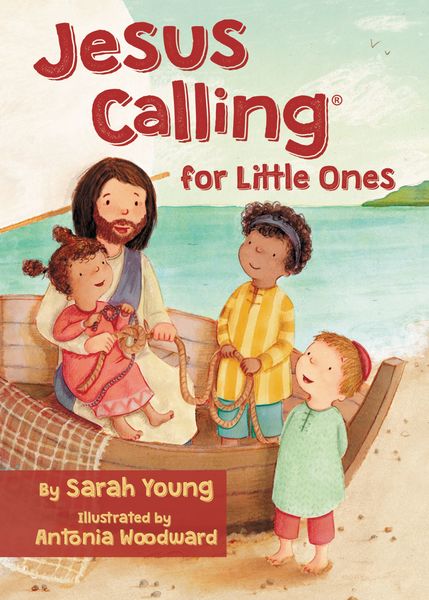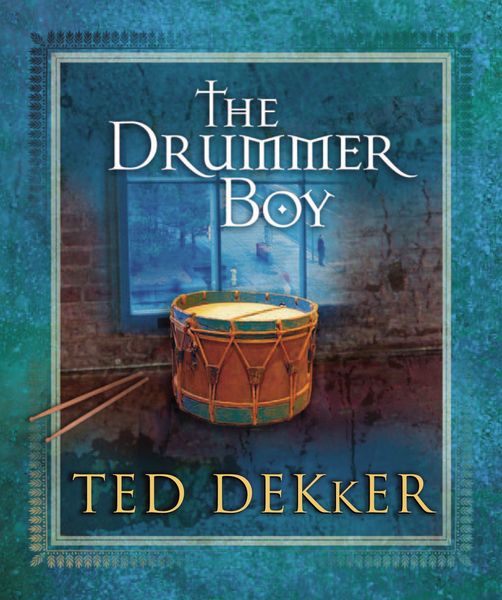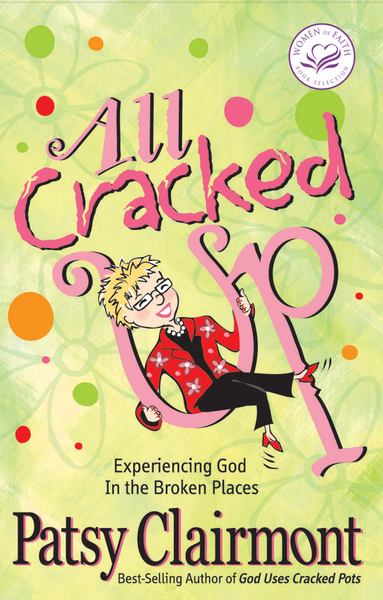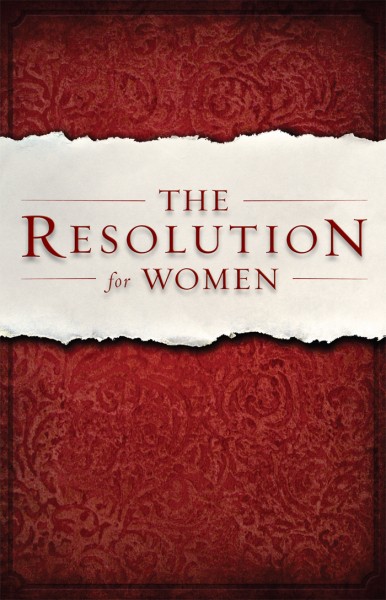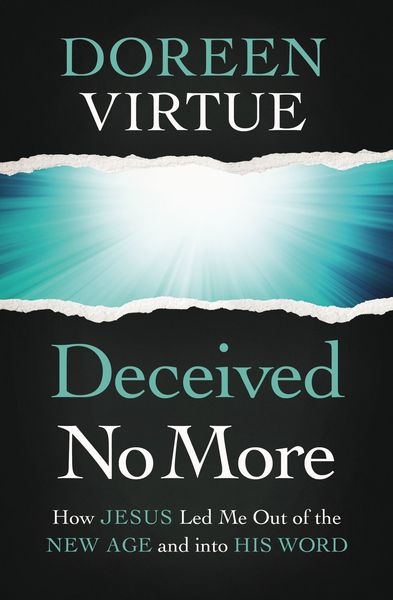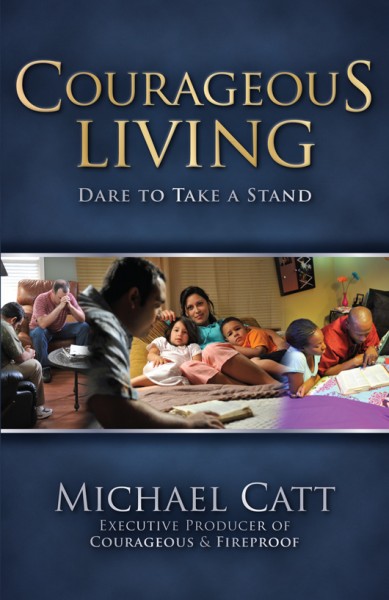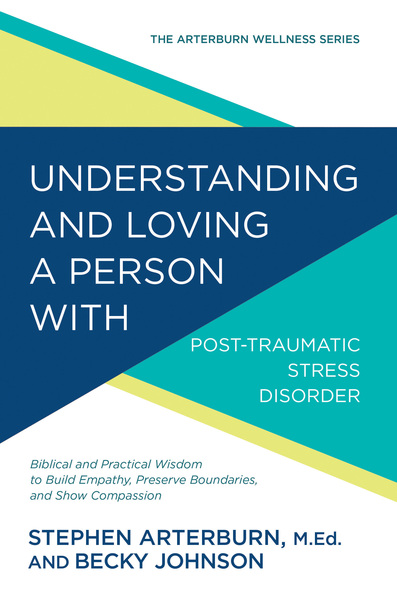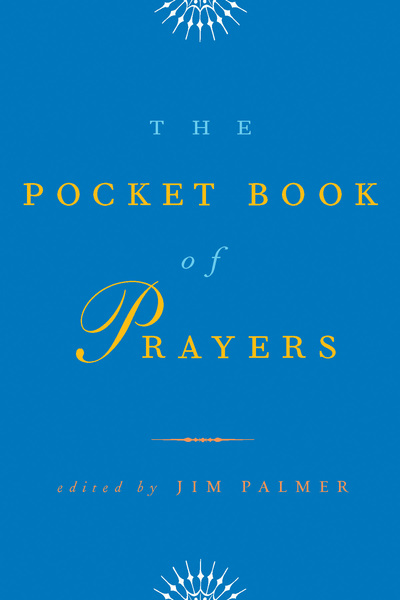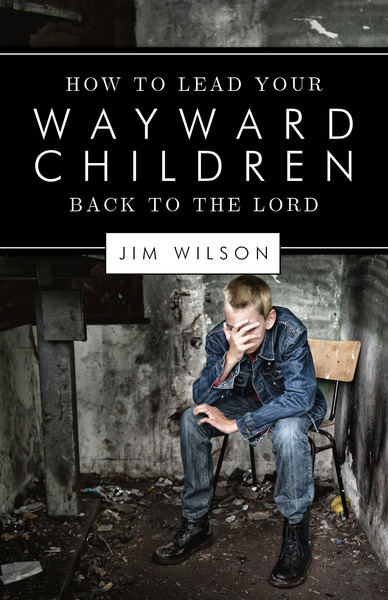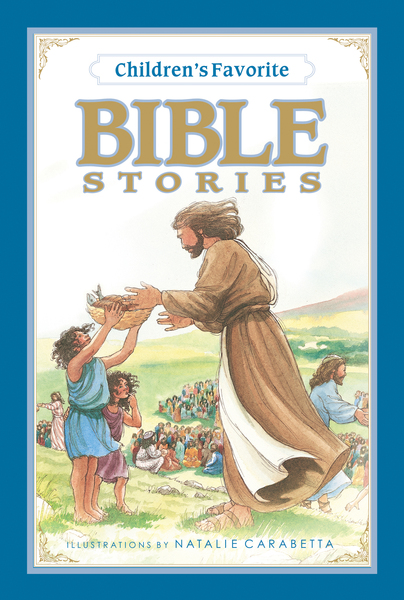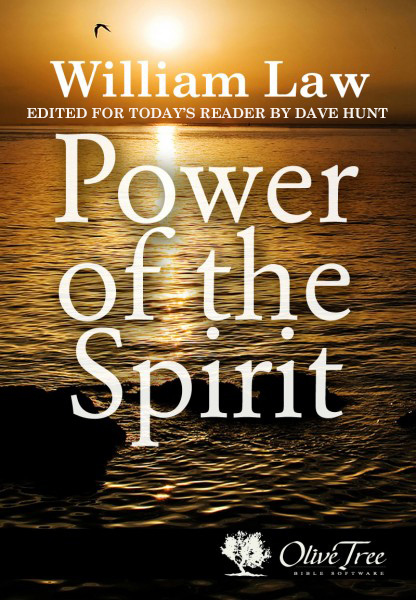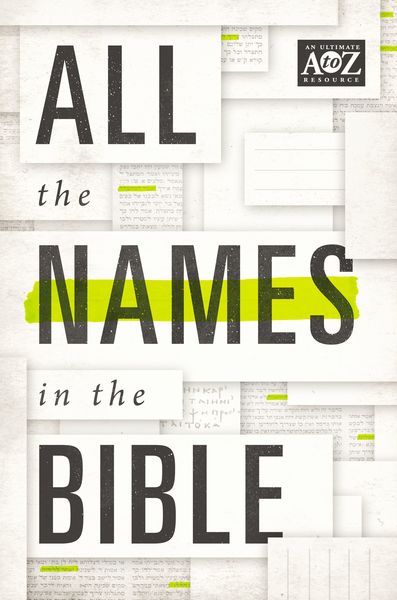

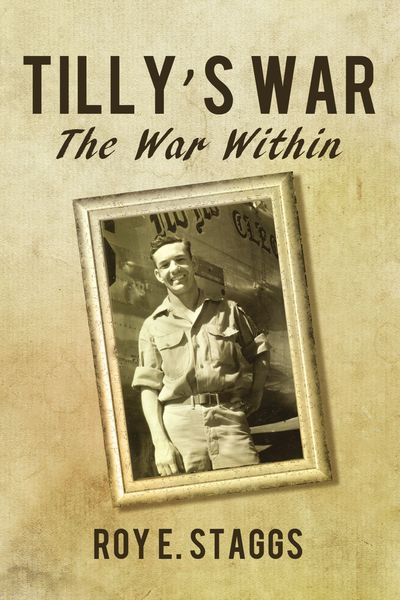
The main character in this book, a true, real life person, was an unassuming man brought up in a large, working class family. His life would begin in 1918 and he and his family would survive the depression on near poverty wages. He would go on to serve as a decorated airman in World War Two and come home to restart his life suffering from PTSD. With that, life would deal him many adversities and challenges, many of them self-inflicted, but each time he would overcome. He would struggle with the effects of combat on civilian life and would use alcohol to substitute for counseling much to his dismay. Tilly as he was called by his wartime air crew, returned home and went back to work to put the war behind him and get on with life. He would have a family of his own, raising three children on near poverty wages and suffered from alcoholism and depression most of his life while his family suffered the effects of life’s challenges. Much later in life, he began talking about his wartime experiences and this would help him to readjust to life as he knew it. However, returning to alcohol would bring him and his family hardships that would be difficult to reconcile. Every person who served in a combat role feels the effects of war and deals with those effects in varying degrees of tolerance. Many returning veterans restore their lives and go on to become productive members of society, but never forgetting their combat experiences. Many go on to college and become successful professionals in their fields of endeavor and lose the effects of war it would seem. And yet, others, go on to a satisfied blue-collar work life and put the war behind them as well. But there are those who feel the effects differently and struggle with the sense of abandonment, depression, survivors guilt and grief. Those feelings seem to always return in life as constant reminders. Their wartime comrades would become their families and their experiences would be difficult to tell others who would not serve in the military. The people who survived the Great Depression and served in World War Two are called the “Greatest Generation.” They saw so much but kept silent about much of their combat experiences and many would take their memories to their graves. I called them the “Silent Warriors,” who kept their secrets to themselves. Tilly was one who grieved over the soldiers and civilians in Europe who lost their lives in war. However, the soldiers who couldn’t adjust back to civilian life at home, the price was also very high as others around them suffered as well. That part of civilian life is sometime very difficult to overcome. Life never appears to be the same after witnessing the atrocities of their combat experiences. Tilly’s mother would play a role in his life’s challenges when returning from war, with promises broken, and life’s opportunities lost at her hand. He would use alcohol to an extended level of abuse which brought about domestic violence and family issues that would be most difficult to overcome. PTSD would also play a role in his civilian life with his alcoholic temper he was a ticking time bomb that could go off at any time. Tilly suffered from PTSD, alcoholism, depression and grief but went on to marry and raise a family of three boys. His finding the Lord late in life would cause his most successful period of his life. His declining health would bring about revelations about his life’s experiences during the war as told to his middle son while living in a health care facility the last few years of his life. With the painful experiences of a past life, his son would document those events in his mind. He would go on to write this book reliving some of those experiences and would pay tribute to Tilly the war hero in this book by telling his story in his honor.

